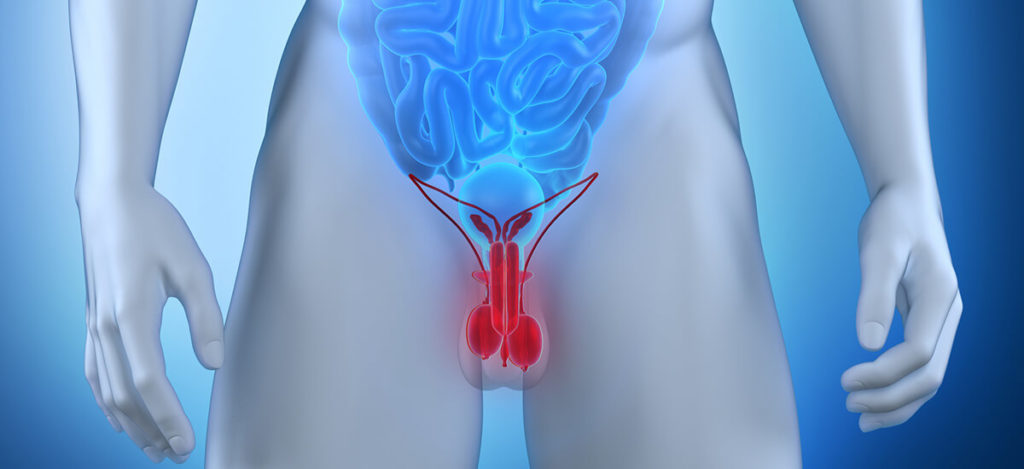RATIONALE: Screening tests may help doctors detect cancer cells early and plan more effective treatment for colorectal cancer.
Official Title
Randomized Screening Study of Fecal Occult Blood Testing and Multitarget DNA-Based Assay Panel Testing Followed By Colonoscopy in the Detection of Colorectal Cancer
Conditions
– Colon Cancer- Rectal Cancer
Study Type
Observational
Study Design
Screening
Further Details
PURPOSE: Randomized screening trial to compare the effectiveness of fecal occult blood testing to DNA-based testing of stool and blood in identifying colorectal cancer.OBJECTIVES: * Compare the performance characteristics (sensitivity, specificity, and predictive values) of fecal occult blood (FOB) testing and multitarget DNA-based assay panel (MTAP) testing applied to stools and plasma in identifying colorectal cancer. * Compare the specificity of the MTAP and FOB tests in participants given pretest dietary restrictions vs no pretest dietary restrictions in order to evaluate the necessity of a formal pretest preparation for MTAP. * Compare the detection rates of colorectal neoplasia using MTAP alone, flexible sigmoidoscopy alone, and combination sigmoidoscopy and FOB testing. * Determine the causes of MTAP “false-positive” results, (i.e., positive MTAP and negative colonoscopy). * Determine and compare the pathological and molecular features of colorectal cancer detected vs not detected by the MTAP.OUTLINE: This is a randomized, multicenter study. Participants are stratified according to gender and participating center. Participants are randomized to one of two screening arms. * Arm I: Participants eat no red meat and take no nonsteroidal anti-inflammatory drugs (NSAIDs) and no vitamin C or multivitamins for 3 days prior to and during stool sample collection. Participants collect stool samples 3 different times and perform fecal occult blood (FOB) test smears from each stool. After each collection, participants ship the whole stool and FOB test smear to their participating center for blinded multitarget DNA-based assay panel (MTAP) testing. * Arm II: Participants take no vitamin C or multivitamins for 3 days before and during stool sample collection. Participants collect stool samples and FOB test smears and samples are tested as in arm I. Within 2 months after stool sample collection, participants have their blood drawn for additional MTAP testing and undergo colonoscopy.PROJECTED ACCRUAL: A total of 4,000 participants (2,000 per arm) will be accrued for this study.
Study Start
Eligibility & Criteria
Ages Eligible for Study: 65 Years – 80 Years, Genders Eligible for Study: BothCriteriaDISEASE CHARACTERISTICS: * Average risk of colorectal cancer and meets the following criteria: * More than 1 year since prior fecal occult blood test * More than 10 years since prior structural colorectal evaluation (i.e., colonoscopy, colon x-ray, or sigmoidoscopy) * More than 1 month since prior overt rectal bleeding (hematochezia or melena) * More than 5 years since prior aerodigestive cancer * No prior colorectal resection * No contraindications to colonoscopy * No high-risk conditions for colorectal cancer, such as the following: * Familial adenomatous polyposis * Hereditary nonpolyposis colorectal cancer syndrome * Other hereditary cancer syndromes * Prior colorectal cancer or adenoma * Inflammatory bowel disease * Two or more first-degree relatives with colorectal cancerPATIENT CHARACTERISTICS: Age: * 65 to 80Performance status: * Not specifiedMenopausal status: * Postmenopausal, with the following qualifications: * No menstrual period within the past year * On regular hormone replacement therapy * Underwent surgical interventionLife expectancy: * Not specifiedHematopoietic: * No coagulopathyHepatic: * Not specifiedRenal: * Not specifiedCardiovascular: * No serious cardiopulmonary diseasePulmonary: * See CardiovascularPRIOR CONCURRENT THERAPY: Biologic therapy: * Not specifiedChemotherapy: * At least 3 months since prior chemotherapyEndocrine therapy: * Not specifiedRadiotherapy: * Not specifiedSurgery: * See Disease CharacteristicsOther: * No concurrent therapeutic nonsteroidal anti-inflammatory drugs except prophylactic aspirin * No concurrent anticoagulants
Total Enrolment
4000 (2000 per arm)
Contact Details
[1] David A. Ahlquist, MD, Study Chair, Mayo Clinic Cancer Center
All content and media on the HealthEngine Blog is created and published online for informational purposes only. It is not intended to be a substitute for professional medical advice and should not be relied on as health or personal advice. Always seek the guidance of your doctor or other qualified health professional with any questions you may have regarding your health or a medical condition. Never disregard the advice of a medical professional, or delay in seeking it because of something you have read on this Website. If you think you may have a medical emergency, call your doctor, go to the nearest hospital emergency department, or call the emergency services immediately.







